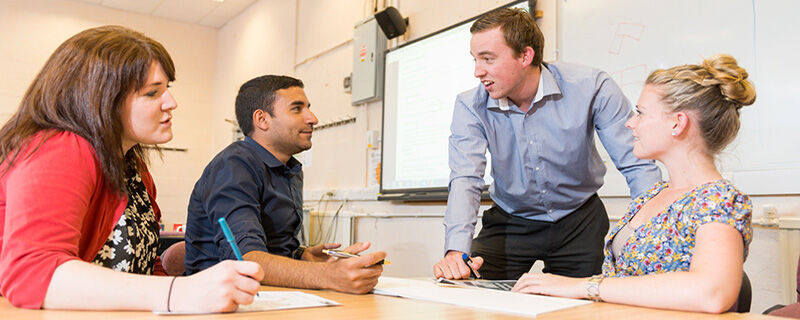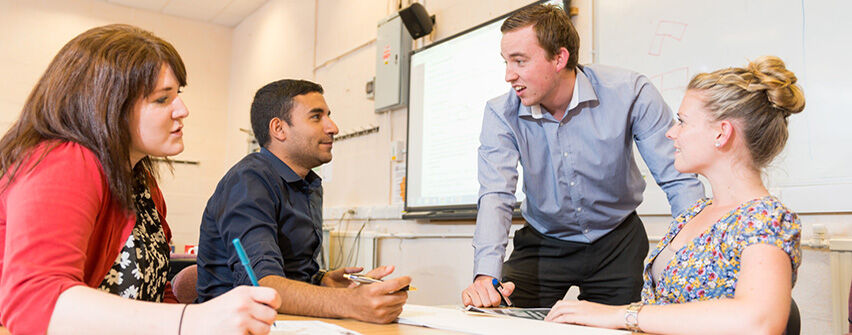Research informed teaching focuses on enhancing the knowledge of students through research, teaching students to develop their research skills, and develop a research culture. Substantial emphasis is placed on relevant academic research in the course of research informed teaching (Griffiths 2004).
Research Informed Teaching in CSPACE
In CSPACE, our research centre is increasingly embedding our researcher’s expertise into the curriculum of undergraduate, postgraduate and doctoral students in the field of Education. We celebrate our experts and encourage students to learn from their extensive knowledge. For example, Dr Jane O’Connor teaches about her specialism in child stardom and celebrity, and Dr Fadia Dakka teaches students about her expertise in rhythmanalysis.
Students benefit from learning about research which is current, innovative and at the forefront of its discipline by researchers who are contribute to original research in their field of expertise. Through research-informed teaching students learn directly from research how to develop research skills and overcome research problems. We support students to enhance our research culture through presenting at our annual research conference and writing for our in-house journal. Students actively involved in the process of research have been found to be more engaged as they learn first-hand about research enquiry (Baldwin, 2005).
Research Informed Teaching about School Bullying
The research informed teaching I provide involves teaching students about my research findings in my field of expertise which is about school bullying. However, the issues I research expand beyond bullying between individuals and include topics about learning disability, inclusion, and equality and diversity. When I teach students about my research I have over ten years of research and practice to draw upon. This knowledge base helps to engage with students and capture their interest.
My research focuses on understanding the complexities of bullying from the perspectives of children, and developing evidence-based strategies and pupil-led interventions (Nassem 2018). It challenges traditional approaches to bullying and encourages students to critically examine current policies and practices for understanding and resolving bullying. Students are encouraged to work together to develop and enhance knowledge of bullying and how to tackle it. Through my research informed teaching students are learning from real-life examples and scenarios of bullying that have actually happened which they can relate to.
Advantages of Research Informed Teaching
Often students begin to reflect upon their own experiences, and discuss with their peers, ways of applying research to understand and resolve school bullying. Students become co-researchers who have extensive dialogue about research, further knowledge and understanding, and in some cases contribute to the broader discipline. This is extended when I supervise postgraduate students in policies and practices in anti-bullying. My knowledge about the campaigning and new developments in policy help to liven up my sessions and encourage students to become directly involved in their learning. Students appreciate being taught by an expert who has a wealth of knowledge about research to share and learn from.
References
Baldwin, G. (2005). The teaching–research nexus: how research informs and enhances learning and teaching in the University of Melbourne. Melbourne: University of Melbourne.
Griffiths, R. (2004). Knowledge production and the research–teaching nexus: the case of the built environment disciplines. Studies in Higher Education, 29(6), 709–726.
Nassem, E. (2018) Bullying is still rife in schools. Here's how teachers can tackle it. The Guardian Teacher Network: Lessons from Research.






